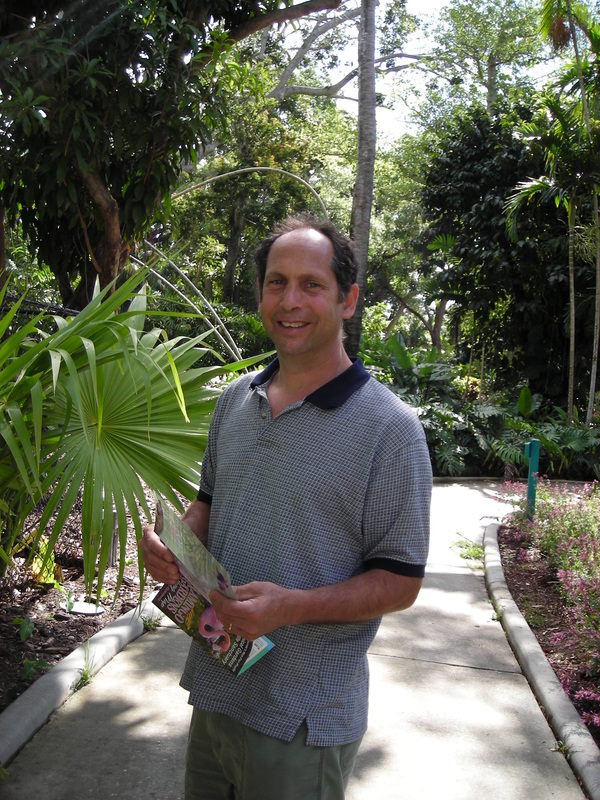Case 10 Seizei Is Utterly Destitude
Seizei said to Sõzan, "Seizei is utterly destitude.
Will you give him support?"
Sõzan called out, "Seizei!"
Seizei responded, "Yes, sir!"
Sõzan said, "You have finished three cups of the finest wine in China, and still you say you have not yet moistened your lips!"
Mumon's Comment
Seizei pretended to retreat. What was his scheme?
Sõzan had the eye of Buddha and saw through his opponent's motive.
However, I want to ask you, at what point did Seizei drink wine?
Mumon's Verse 頌曰
Poverty like Hantan's,
Mind like Kõu's;
With no means of livelihood,
He dares to rival the richest.
These two fellows are playing a game. Seizei is testing his teacher, pleading poverty. Sozan see's right through him. If you are the teacher you should see through your student's games. And you the student, if you are a little experienced, should also see through Seizei's game.
Traditionally when a person chooses to become a monk and follow the Buddha's path one becomes a "home leaver" and renounces worldly persuits and wealth. This is a volentary impoverishment which has been thought an important spiritual practice by most of the world's religions. It is an act of trust. It is a letting go. It also gives time for practice. In the Buddhist world when one becomes a monk the head is shaved and a new name is taken as a symbolic cutting of the ties with wordly persuits. When I was young, in my own way I lived the life of volentary impoverishment. I lived in a cabin in the woods and worked only seasonally planting trees. I spent a lot of time meditating, reading, and thinking. I was a devoted spiritual searcher. And I think of this time as very important in my spiritual developement and I really enjoyed it. I didn't become a monk and I didn't drop all attachment but as a layman I found a way.
Suzuki in his book Zen Mind Beginner's Mind talks about having "no gaining idea." If we look at the way we think, almost all our thought has some gaining idea for the self, out front or in the background. We accumulate to create security and the self satisfying happiness that having things seems to bring. This having is not just a material having but extends into the non- material realms of knowledge, beliefs and emotions. But then most of us on this spiritual quest, recognise that this type of happiness is just a surface happiness, without any depth that is easily broken. The question then becomes how else can we think about things? This self centered type of thinking even extends into our spiritual quest.
In the One Drop Sangha the second Bodhisattva vow is translated this way:
Desires are inexhaustable I vow to put an end to them.
There seems to be a contradiction inherent in this vow. A vow is a form of desire. How can a desire end desire? And then we are told desire is inexhaustable so how can desires be eliminated when they are inexhaustabe. It is just an impossibility, but then it isn't. Zen seems to be filled with these impossibilities but then they really are not impossibilities.
Zen practice is about cultivating another sort of poverty, not just a physical poverty, but a poverty of mind. This poverty of mind is a letting go of all our desires, all our cherished beliefs, including our cherished Buddhist beliefs and at the deepest level our belief in our individual selves, and eventually even our thoughts. This is meditation. Our practice is the cultivation of a deep inner serenity. Every time we sit down on the cushion we work to just let everything go. We do our practice and if we are dilligent then slowely our mind quiets and we will enter a state of deep serenity without desire, without worries, without ideas dancing in our heads. This serrenity is the true refuge of Buddhism. Sometimes this serenity is called "original mind', or kensho, or satori, or samadhi. The name doesn't matter. It is the finest cup of wine in China or Japan or where ever you are.
There is no gaining idea in samadhi yet much is gained. There are no desires in samadhi yet it takes desire and discipline to experience samadhi and then to make it eventually part of your life. There are few thoughts in samadhi yet there is a deep knowing. In samadhi everything is empty, no thing exists, yet the world doesn't disapear but becomes alive with a special beauty.

 RSS Feed
RSS Feed